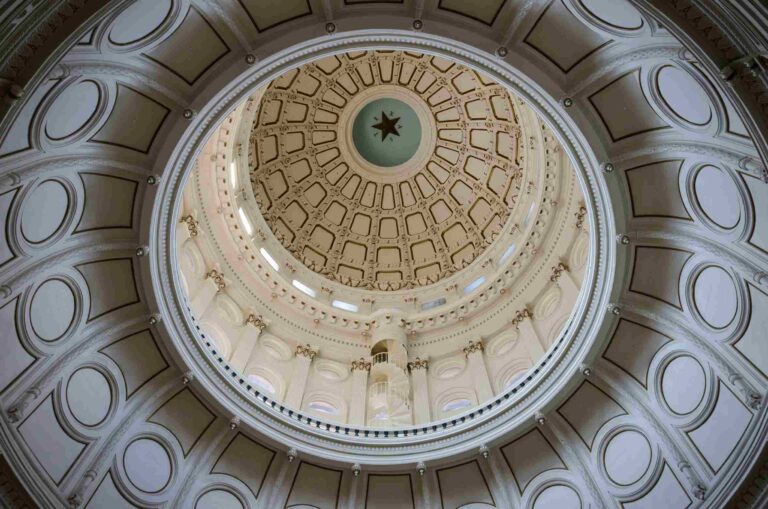Diplomacy is the art of maintaining goodwill among governments, social groupings, or people. When talking about diplomacy, representatives of different organizations usually bring up issues like conflict, trade, the environment, technology, and maintaining security.
To maintain international relationships, discussions between two parties, or on a big scale between two nations, are necessary. One of it’s numerous roles is to strengthen ties between two states and prevent war and other forms of conflict.
Its main purpose is to advance a particular agenda. Therefore, without diplomacy, a significant portion of global politics would undergo abolition , there would be no international institutions, and most importantly, there would be perpetual war on the planet. Some nations are able to coexist peacefully thanks to diplomacy.
Table of Contents
Who are diplomats
The main actors in diplomacy are diplomats. They are masters in disseminating information, settling conflicts between states and peoples, and negotiating relationship adjustments. Their weapons are words, backed by the authority of the nation or group they speak for.
Leaders can build strategies and tactics to influence the behavior of outsiders, especially foreign governments, by understanding the attitudes and behaviors of those in other countries.
Diplomats are those who carry out diplomatic operations. Diplomats work to promote international collaboration, uphold peace, and aid their own nation.
A diplomatic mission is a team of diplomats that station in another nation to represent their own nation. Embassy is the name of a permanent diplomatic mission. An embassy’s top diplomat is an ambassador. Consulates are additional locations for representation.
History of diplomacy
Diplomacy as a practice dates back to ancient times. As early as 2850 BCE, agreements took place between various cities in Mesopotamia, which is present-day Iraq. In the 14th century B.C., the rulers of Egypt and Canaan, an ancient nation in the Middle East, exchanged diplomatic letters.
Ancient Mayan structures in what is now Mexico had writing on their walls that suggests that Mayan cities traded ambassadors. In the fourteenth century, the embassies were already common in northern Italy.
The majority of history was devoted to bilateral ties, or talks between two countries. A nation or area frequently had dozens of border or trade agreements, each of which was exclusive to a different nation or area. Still used frequently today, bilateral interactions are a sort of diplomacy.
The scope of diplomacy grew throughout the 20th century. The United Nations (UN), a global institution that seeks to foster international harmony and resolve disputes, now plays a significant role.
Types of diplomacy
The main types of diplomacy are:
- Economic diplomacy: includes any form of diplomacy that boosts the nation’s economy and national prosperity. This covers everything to do with trade, investments, and taxation, making it a significant component of international relations. Trade in particular is crucial to maintaining good ties internationally, hence it is important to conduct business diplomatically;
- Cultural diplomacy: is the sharing of arts and cultures with the goal of fostering better relations between nations. Such as providing language classes, opening libraries abroad and awarding financial aid for higher education are some effective methods of cultural diplomacy. It enhances a nation’s image and strengthens cultural ties, such practices help reduce conflicts between nations;
- Gunboat diplomacy: is the act of demonstrating military strength in support of diplomatic initiatives;
- Public diplomacy: is a tactic to speak with other nations and the media in an honest and transparent manner.
Purpose of diplomacy
The goal of diplomacy is to advance the interests of the state, country, or organization it represents in order to make that entity stronger in the eyes of others. Diplomatic action seeks to maximize a group’s advantages without running the danger of using force or incurring its expense in order to accomplish this goal and ideally without arousing animosity.
While diplomacy strongly orients on dialogue in order to reach agreements and settle disputes between governments, it does not always work to maintain peace. Even in times of peace, it may contain coercive threats of economic or other punitive actions or indications of the capacity to impose unilateral solutions to conflicts through the use of armed force.
However, diplomacy typically aims to foster goodwill toward the nation it represents by cultivating ties with other nations and peoples that will guarantee their collaboration or, in the absence of that, their neutrality.
When diplomacy fails
Even if diplomacy fails and conflict breaks out, it can still be beneficial. It serves as a roadmap for changing from protest to threat, from discussion to negotiation, from demand to retribution, and from conflict to peace with other nations.
Through diplomacy, coalitions that can initiate or stop conflict can take place. Enemies’ connections are severed, and potentially hostile powers’ passivity is preserved. It coordinates the conclusion of combat and establishes, supports, and preserves the peace that follows conflict.
The long-term objective is the establishment of a global order that promotes improved interstate cooperation and peaceful means of resolving disputes.












